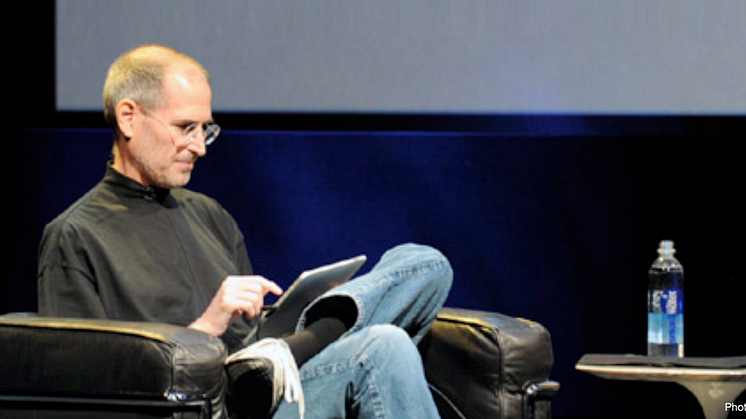
Blog post -
Startups and a PR Crisis Learning from Clinkle
PR can be the lifeblood of a young startup. A positive write up on TechCrunch or Recode can propel companies into the limelight and particularly for a B2C product can result in those critical early sign-ups. Sites like Quora are flooded with posts asking for advice about how to secure coverage. But what happens when the positive attention turns bad? And are there any lessons to be learned from the story of what happened to one much-hyped startup?
Clinkle - Taking centre stage
The Wall Street Journal called mobile payments app startup Clinkle, “the epitome of the Stanford-fueled startup”. Founded by well-connected 19 year-old computer science student Lucas Duplan, the startup attracted an incredible $30m in seed funding, at the time, one of the highest seed funds ever raised in Silicon Valley. And the media attention it attracted was also down to the calibre of the heavyweight investors who got involved, including Andreessen Horowitz, Peter Thiel and Richard Branson.
There’s nothing the tech press likes more than bold claims and Clinkle certainly had those as word leaked out about its innovative use of technology, including using high-frequency sound to transmit money between users in close proximity.
Cracks start to appear
Clinkle start to build up a large team and moved to swanky startup offices in San Francisco. Their growth team managed to sign up 100,000 users even though it still wasn’t clear how the app really worked. But as fast as it rose to prominence it started to unravel. It laid off a number of staff, lost its chief engineer after only one day (it was suggested this was a result of him seeing the actual app rather than merely a demo, which was all staff saw throughout the hiring stage) and then its COO left after only five months with the business.
Meanwhile articles started to appear in the media that questioned Crinkle’s credibility, highlighted the staff departure problems and more openly mocked them.
When the app finally launched in late 2014 with a very different proposition to that originally billed, TechCrunch called it a laughing stock and ValleyWag accused it of bribing students in order to get them to use the app. Adding to this negativity were comments posted on Quora by alleged ex-employees who claimed that Lucas himself was the reason for the company’s seeming implosion, calling him a “shark” who “hurts his employees daily and shoves it under the rug as collateral damage”.
Repairing the damage
It’s not necessarily over for Clinkle and writing them off would be foolish but with all the negative baggage they’re now dragging behind them, it’s going to be an uphill battle.
Some press reports put the problems down to Lucas’ inexperience and young age and as many founders of tech startups are similarly new to running companies, with all the communication issues that come with it, what lessons can startups learn about dealing with a PR crisis.
1. There’s a fine line between hype and deception, it’s not proven but it was certainly suggested in several articles, that despite all the promise of Clinkle’s innovative audio based technology it was only ever an idea that it had never actually made it work. As a result the launched product seemed like a poor relation to the promised app. Although good PR is all about selling a narrative around a compelling USP, it’s dangerous to hype too much, particularly about something that may not come to fruition.
2. In times of PR crisis, the internal team needs strong leadership, it’s very unpleasant to be on the receiving end of negative press, as much for employees as founders. In the case of Clinkle it seemed that Lucas failed to manage the crisis, internally, in an effective way. The more employees are kept fully up to speed on what’s happening and how the company is dealing with it, the less the likelihood of damaging leaks to the press coming from internal sources.
3. Be sure to have a set of trusted advisors, nobody expects an early 20-something college graduate to be experienced in dealing with a PR crisis but what they can do is work with someone who is. Seek advice from people who have specific experience of dealing with media crises and listen to their advice carefully.
4. Tell the truth, while it’s not generally a good idea to discuss publically every single aspect of what has led up to a crisis, if something has gone wrong, the best strategy is to be honest. Much can be learned from how Kickstarter managed to calm, with this blog post, an online firestorm about an offensive ‘dating manual’ that received funding on their site. They provide background on what happened, their tone of voice is authentic and they’re clear about what action they have taken.
In the world of tech startups PR crises are often about the product itself and if there are fundamental problems with the product then nothing will paper over the cracks but for many other issues, how you approach an online PR storm can be the difference between success and failure.



